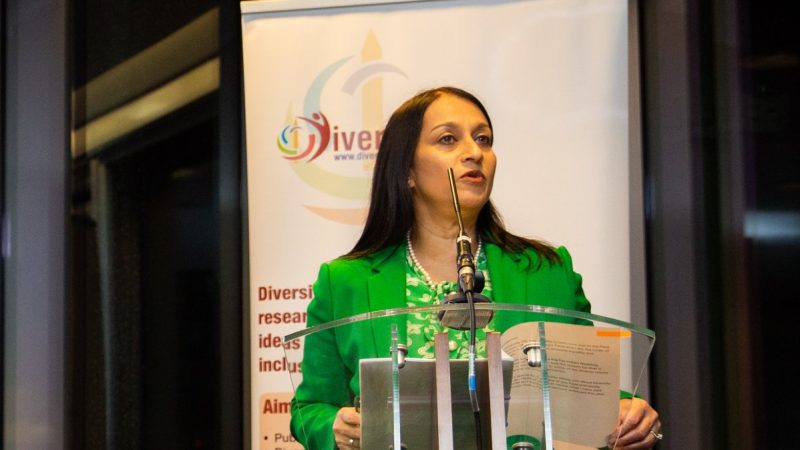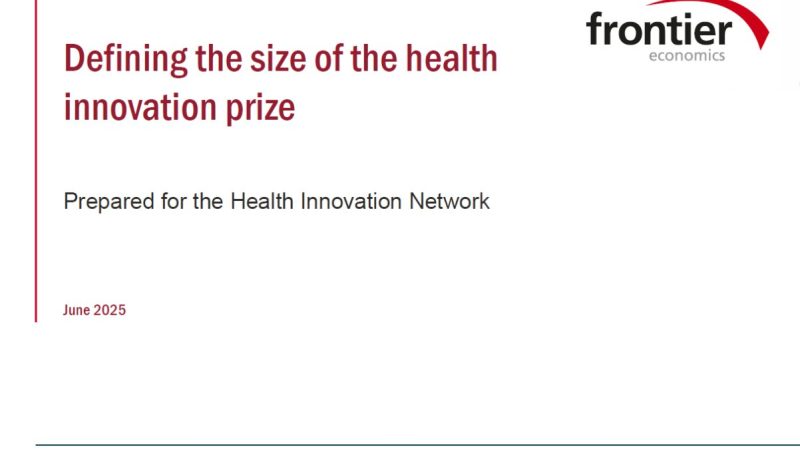The Civil Service Diversity & Equality Awards 2014
The achievements of ordinary civil servants at the forefront of the drive for greater diversity and equality in the civil service were recognised at a ceremony in central London recently. The 2014 Civil Service Diversity & Equality Awards attracted over 150 nominations in 6 categories from across the civil service and all parts of the country – an increase of 74% over last year. The awards reflect the civil service’s aspiration to mirror the society it serves, and to remove the barriers to progress still faced by some because of their gender, ethnicity, disability or sexuality, particularly in senior roles.
New figures from the Office for National Statistics show that more than 1 in 10 civil servants are from minority ethnic backgrounds (10.1%, compared with 9.6% in 2013). At the same time, the proportion of civil servants who declare a disability has risen to 8.8%, up from 8.6% last year. Women currently account for 53% of the civil service.
All the shortlisted entries for the Diversity & Equality Awards were examples of outstanding teams or individuals who have been innovative, have made an impact, have inspired others, and ultimately have made a real difference to equality and diversity in their area over the past 12 months.
Award winners in each category
Excellence in Service or Business Delivery - Disability Confident Campaign Team, Department for Work and Pensions
The Disability Confident Campaign Team took the campaign out to local communities across the UK, running a series of regional events and making ‘#disabilityconfident’ the top Twitter trending hashtag in the UK. The judges felt that this project was a great community piece with a clear focus and considerable impact.
Employee Network - Environment Agency’s Women’s Network
The Environment Agency’s Women’s Network was designed to enable, equip and encourage women to realise their full potential in the workplace. The judges felt their work was an exemplar of good practice that could be applied and implemented across Whitehall. They were particularly pleased that a number of initiatives (which started in the network) had now been mainstreamed such as the mentor match-finder. The latest survey highlighted that 82% of the network’s members felt more confident in their role due to being part of it.
Leading, Championing and Role Modelling - Sharon Drewell, Isle of Wight HM Prison Service, Ministry of Justice
Sharon Drewell has made a massive difference to the management of Transgender Prisoners at HMP Isle of Wight and across the Prison Service. In a challenging environment, Sharon gained the trust and respect of the offenders, allowing her to be instrumental in bringing about change in the future management of their lives. She has had a profound effect on their behaviour and motivation to improve other aspects of their lives.
Champion of Disability Issues - James Saville, Director of Human Resources, Department for International Development
The judges were especially impressed with the inspirational work and passion from the global mental health anti-stigma campaign led by James Saville and the Department for International Development. The judges believe that increased awareness and understanding around mental health in the workplace is crucial and were delighted that the campaign has become a catalyst to ignite a cultural change within DFID on mental health stigma.
Understanding and Engaging with Communities - Senior Citizen Liaison Team, Home Office
The Senior Citizen Liaison Team was recognised for providing tailored crime prevention and victim support services for older adult members of all minority communities who might otherwise be excluded from statutory services. The judges felt their efforts and time were making a real difference to the community and were hugely impressed by the efforts of the hardworking dedicated staff who volunteer their services outside of their normal duties.
Inclusive Employment - Nita Gajiparia, Ministry of Justice
Nita manages a small team that provides support to the Lord Chief Justice on issues of judicial diversity. She has secured the confidence and respect of the most senior members of the judiciary, who regularly seek her opinion. Nita’s hard work and passion for changing the status quo and her enthusiasm for exploring new and innovative ideas contributes directly to the judiciary’s commitment to improving diversity.
Presentation of the awards
The Civil Service Diversity & Equality Awards were co-hosted by BBC News presenter Sian Williams and Sir Simon Fraser. The awards were presented by:
•Lin Homer, Permanent Secretary, HM Revenue and Customs (Excellence in Service or Business Delivery Award)
•Dame Ursula Brennan, Permanent Secretary, Ministry of Justice (Employee Network Award)
•Sue Owen, Permanent Secretary, Department for Culture, Media and Sports (Leading, Championing and Role Modelling Award)
•Dr Nasser Siabi, CEO and co-founder of Microlink, sponsor of the awards (Champion of Disability Issues Award)
•Sir Paul Jenkins, former Permanent Secretary for Treasury Solicitors and Civil Service Diversity Champion (Understanding and engaging with Communities Award)
•Sir Jeremy Heywood, Head of the Civil Service (Inclusive Employment Award)
Cabinet Secretary and Head of the Civil Service Sir Jeremy Heywood said, "the leadership of the civil service is committed to creating a truly diverse workforce that is representative of the society we serve and delivers the best for Britain. Turning that commitment into reality depends on the participation of every civil servant. So, it is a particular pleasure to celebrate the achievements of individuals and teams of civil servants who are helping to embed inclusivity and equality across the service."
The civil service is already more diverse than many employers - but we can do even better, particularly at the higher levels. Our recent Talent Action Plan sets out how we will ensure that the most talented civil servants, regardless of their background, can progress quickly and fulfil their potential."
Talent Action Plan
The Talent Action Plan: Removing the Barriers to Success was published in September. It reaffirms the civil service’s commitment to build on its track record on diversity and inclusion in the workforce and to improve equality of outcomes for everyone.
The plan draws on many of the recommendations in a report commissioned by the Cabinet Office examining the blockages preventing women from reaching the most senior levels of the Civil Service. Further work has been commissioned to increase understanding of the barriers faced by people from minority ethnic backgrounds, those who declare a disability, and those from the LGBT communities.




